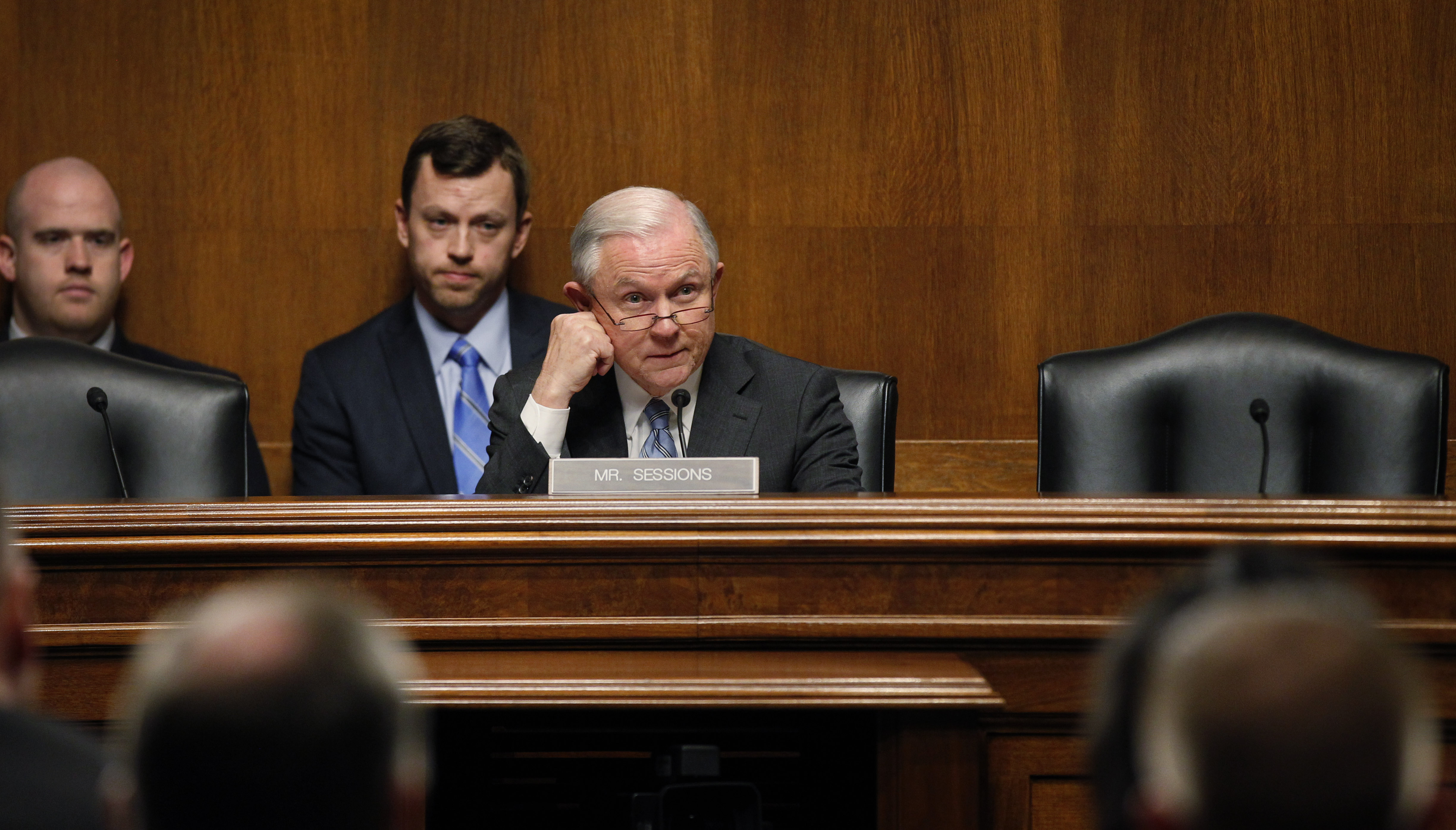These cuts to forensic research will not combat violent crime
By Susan R. Paisner,
Washington Post [Letter to the Editor]
| 07. 04. 2017
I suppose by this point I shouldn’t be surprised by anything the Trump administration does relating to science. But as a criminologist, I found myself stunned to read that Attorney General Jeff Sessions decided not to renew the National Commission on Forensic Science, which holds the responsibility for raising forensic standards [“Scientists defend panel on forensics,” PowerPost, June 30].
The article said, “Sessions, a former federal prosecutor, has said he wanted to ensure that Obama-era priorities did not counter Trump administration goals of combating violent crime and promoting police safety and morale.” Seriously? The administration’s 2018 budget would cut the National Institute of Standards and Technology’s funding by nearly 50 percent. NIST had just started a research effort to “increase the reliability of techniques that are used more than 100,000 times a year in U.S. crime labs.” This proposed budget would, among other things, eliminate a new research center and cut DNA-related and forensic programs.
Two questions, Mr. Sessions: First, are you actually stating that the Obama-era priorities were intended to increase violent crime and reduce police safety...
Related Articles
By Pete Shanks
| 02.27.2026
Last month, we published “The Shameful Legacy of Tuskegee” which focused on a proposed experiment in Guinea-Bissau. The study’s plan echoed the notorious Tuskegee disaster, withholding safe, effective vaccines against hepatitis B from some newborns while inoculating others. It was to be financed by the U.S. but performed by a controversial Danish team. That project provoked a multi-national outcry, leading to a remarkable response from the World Health Organization:
WHO has significant concerns regarding the study’s scientific...
By Jenn White, NPR | 02.26.2026
By Kiana Jackson and Shannon Stubblefield, New Disabled South | 02.09.2026
"MC0_8230" via Wikimedia Commons licensed under CC by 2.0
This report documents a deliberate assault on disabled people in the United States. Not an accident. Not a series of bureaucratic missteps. An assault that has been coordinated across agencies...
By Scott Solomon, The MIT Press Reader | 02.12.2026
Chris Mason is a man in a hurry.
“Sometimes walking from the subway to the lab takes too long, so I’ll start running,” he told me over breakfast at a bistro near his home in Brooklyn on a crisp...




